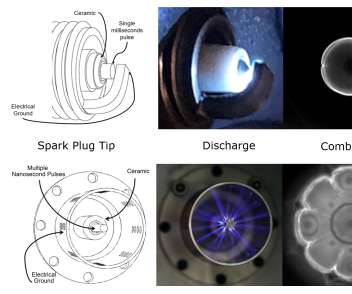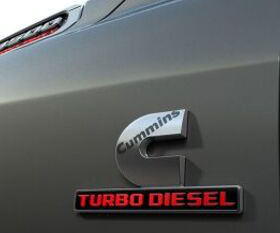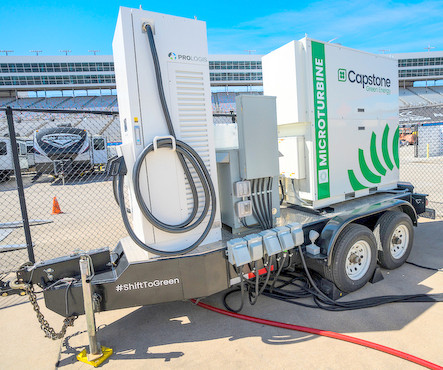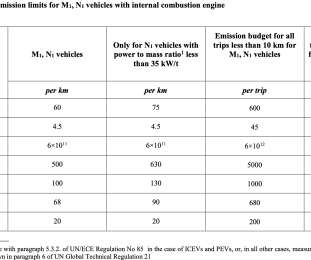The importance of considering non-exhaust traffic emissions; the role of EVs
Green Car Congress
MAY 2, 2016
the criteria pollutants and CO 2 that emerge with the exhaust from the tailpipe. However, there is more than 15 years of research showing that the contribution of non-exhaust primary particles to the total traffic generated primary particles is significant in urban areas. Further, a 2013 review by Denier van der Gon et al. Background.







































Let's personalize your content